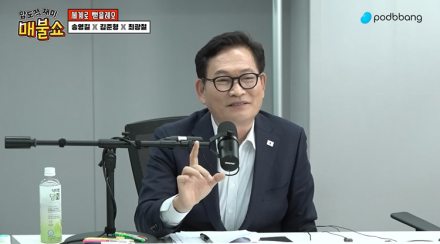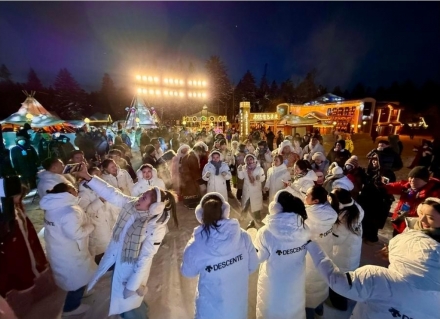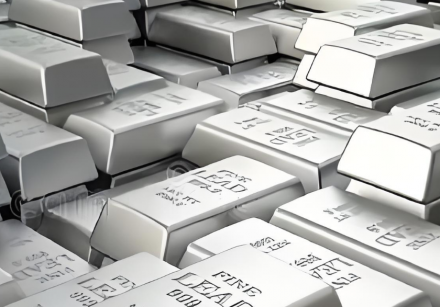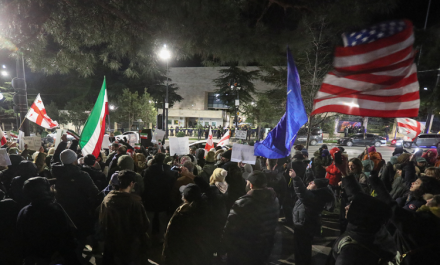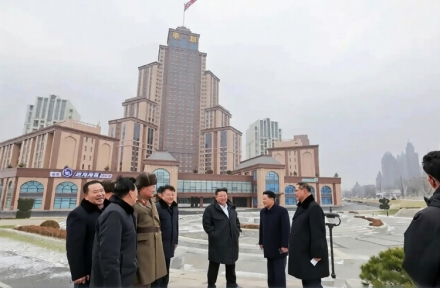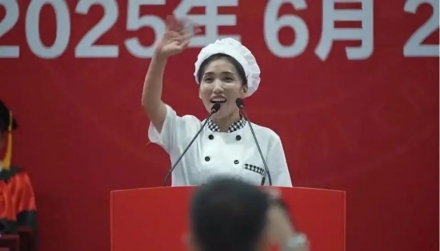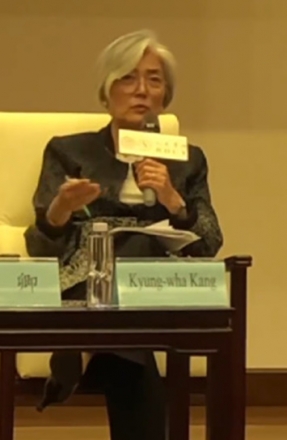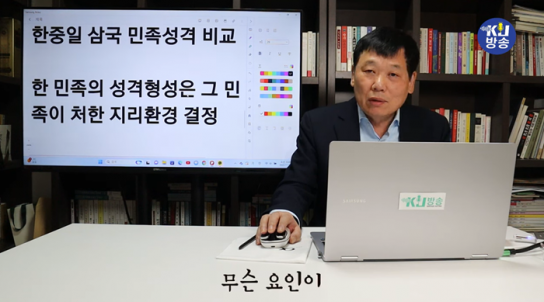
[동포투데이 허훈 기자] 7일, 베이징에서의 중국공산당 기관지 <인민일보>에 따르면 그 전날 0시부터 24시까지 전 세계 코로나 19 만연 상황을 보면 다음과 같다.
중국 외 세계 코로나 19 확진사례는 누계로 1124만 2470건, 이 중 미국은 확진사례가 291만 건, 사망사례는 13만 건에 달했고 러시아는 누계로 확진사례가 68만 7862건, 당일 확진사례는 6611명이었다. 이 외 이탈리아의 코로나 19 확진사례는 소폭 증가했고 독일 연방정부는 지속적인 <마스크 강제 착용령>을 지지한다고 표했다.
이상의 상황을 상세히 살펴보면 다음과 같다.
미국 존스 홈킨스 대학이 발표한 코로나 19 감염 실시간 통계에 따르면 미국 동부 시간으로 7월 6일 오후 3시 33분까지 미국 내 코로나 19 확진사례는 누계로 291만 1888건, 사망사례는 누계로 13만 10 건, 미국은 여전히 코로나 19가 대 유행 중에 있으며 지난 주 일일 확진사례가 5만 건을 초과한 날짜가 몇 차례 있는 것으로 나타났다. 그리고 러시아 코로나 19 예방 통제 지휘부가 6일 발표한 데이터에 따르면 그 전날 0시부터 24시까지 러시아의 코로나 19 확진사례는 6611건이었고 누계로 확진사례는 687862건이었으며 같은 시간동안 코로나 19로 사망한 사례는 135건, 누계로 사망한 사례는 1만 296건이었고 당일 하루의 완치퇴원사례는 3579명이었고 누계로 완치퇴원사례는 45만 4329건이었다. 이탈리아를 보면 현유의 코로나 19 환자는 4만 4709명으로 전날보다 67명이 증가, 이는 2개월 이상 하강상태를 보이다가 연속 2일간 다시 증가세를 보인 데이터였다. 한편 독일연방의 상황을 보면 당지 시간으로 독일의 코로나 19 확진사례는 누계로 19만 6554건이었고 누계로 사망한 사례는 9016건, 누계로 완치사례는 18만 2200건이었다. 독일은 공공버스 및 쇼핑센터 등 사람이 많이 모이는 곳에서는 마스크를 반드시 착용해야 한다는 <마스크 강제 착용령>을 실행하고 있는 상황이다.
아래의 것은 몇몇 부분적 나라의 코로나 19 확진 사례이다.
당지 시간으로 지난 6일, 필리핀의 24시간 내 코로나 19 확진사례는 2099건, 연속 2일간 2000건을 돌파하였고 같은 날 오스트레일리아의 24시간 내 확진사례는 138건, 누계로 확진사례는 8380건이었으며 역시 같은 날 인도네시아의 24시간 내 코로나 19 확진사례는 1209건, 누계로 확진사례는 6만 4958건이었다. 그리고 같은 날 중동의 카타르의 24시간 내 확진사례는 546건, 누계로 확진사례는 10만 345건이었다.
실시간뉴스
-
트럼프 “베네수엘라와 전쟁 가능성 배제 안 해”
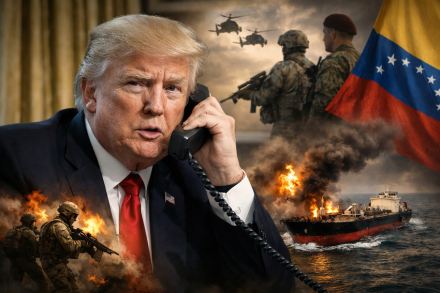
-
트럼프 “우크라이나, 이미 일부 영토 상실”

-
美 공군 수장 “중국 군사·우주 기술, 베끼기 아닌 자체 개발”

-
젤렌스키 “러시아, 중국에 주권 양도”… 중·러 이간 시도 논란

-
유엔 사무총장 “2차 대전 발발, 일본의 중국 침략에서 시작”
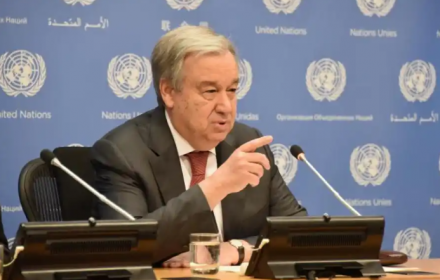
-
트럼프 새 국가안보전략의 신호… “중국이 1위 되면, 다음 상대는 인도”
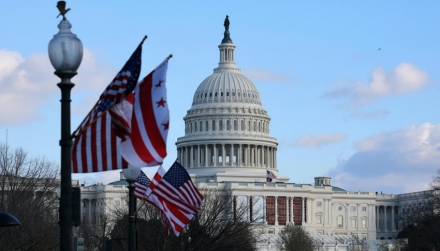
-
“미군, 대만 못 지킨다”… 펜타곤 극비 보고서의 불편한 진실

-
“러시아 승기 굳어”… 트럼프, 우크라·유럽 동시 압박

-
중국서 돌아온 마크롱 “유럽 산업 생존 위기… 중국이 투자로 도와야”

-
“미국 왜 이러나”… 다카이치 발언 후폭풍에 워싱턴 ‘침묵’, 도쿄만 발동동
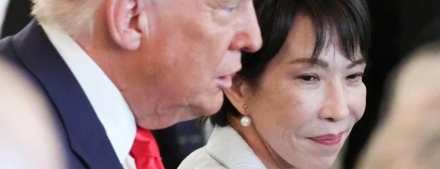









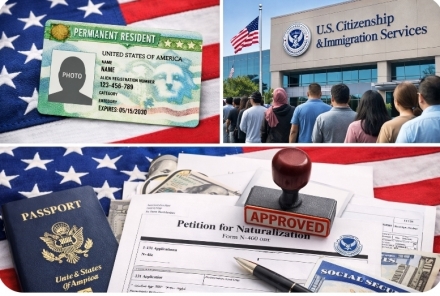

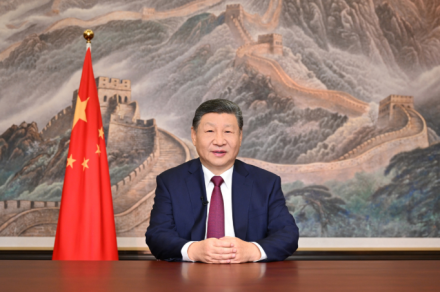
![[단독 인터뷰] 호사카 유지 “다카이치 내각의 대만·독도 발언, 외교 아닌 국내 정치용 전략”](/data/news/202512/news_1766370493.1.jpeg)

